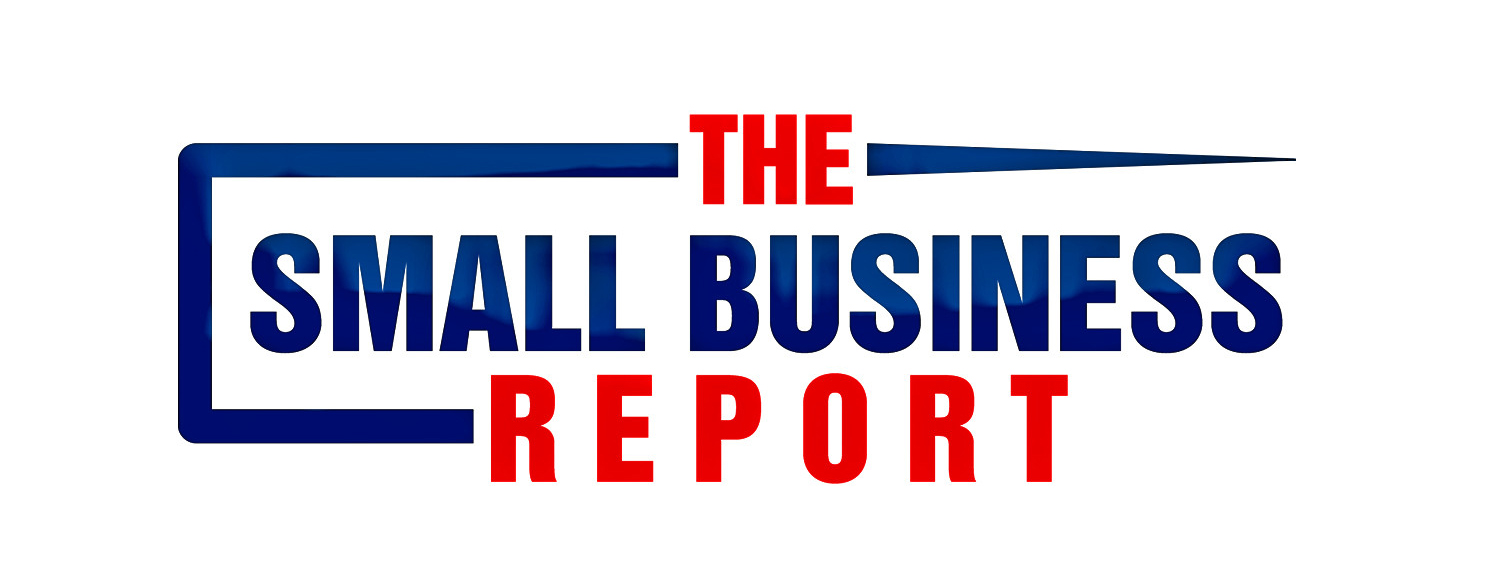If you’re making these common invoicing mistakes, you can correct them quickly.
A business is nothing without income. That might go without saying — but many business owners spend so much time focused on finding new opportunities and doing daily tasks that they lose sight of the most important parts of generating income: the invoicing.
An invoice isn’t just a receipt. It’s a contract that summarizes your hard work and helps ensure you’re compensated for it fairly. That’s why it’s so crucial to make sure your invoices are accurate, so you’re not selling yourself short.
Here are three common invoicing mistakes that, if avoided, can help your business thrive.
1. Not itemizing your services or products
Many people assume that the person they’ve been dealing with is the same person who will process their invoice, and will know what service the invoice is for. This is often untrue, and most businesses require an itemized invoice so their accounting departments can process them correctly.
Providing an itemized invoice up-front will help avoid delays in payment down the road. It’s also good practice for your own accounts so you can easily reference a past job. This is useful in the unfortunate case of a contract dispute, or the (even more intimidating) event of a tax audit.
2. Not clearly indicating a payment due date
This is one of the most common mistakes people make with their invoices. Common turnaround times are 30-day and 60-day schedules, and you should specify this to ensure your payment comes in when you need it.
That said, some accounts will require payment schedules longer than you’d like. If you find that you need your invoice filled sooner, or you’ve run into issues with delinquent accounts, it might be worth thinking about funding options such as invoice factoring.
3. Omitting payment terms
It might seem obvious, but this is the single most important part of your invoice. You should make it as easy as possible for your accounts to pay you, including the address where they need to send payment and your preferred payment method.
If you use a factoring service, it’s also important to remember that you should provide their terms so your accounts can pay the invoice directly to them.
Pay attention to these three details to proactively avoid the pitfalls and give your invoicing the attention it deserves. That way, you’ll also get the payment you deserve!











